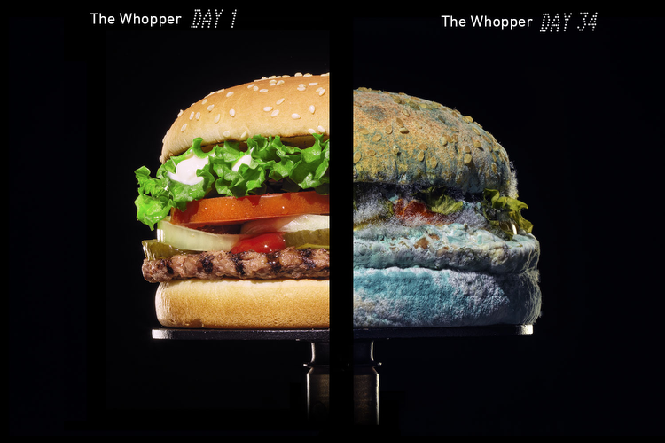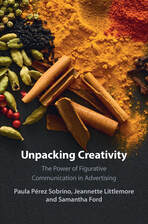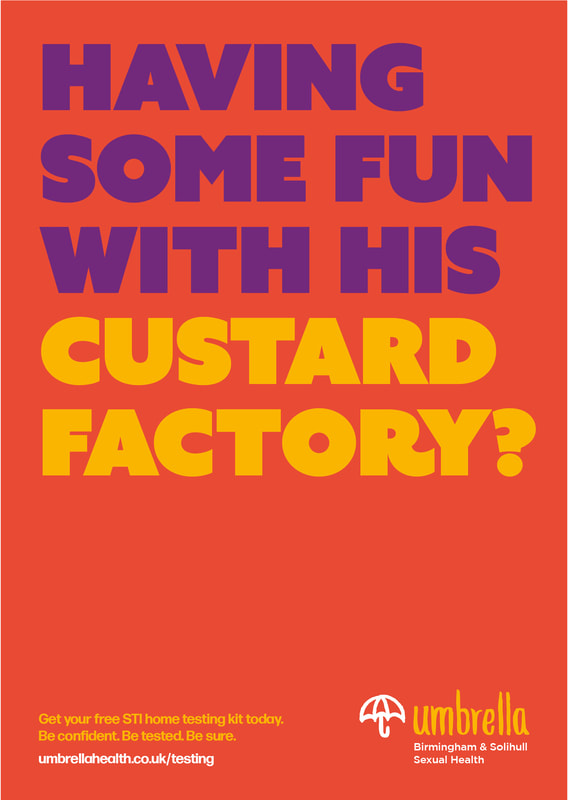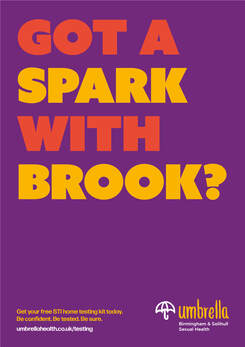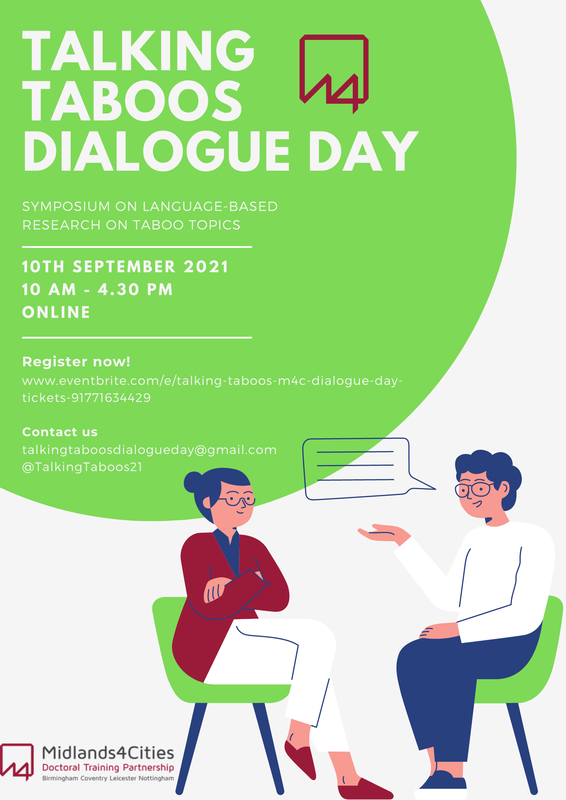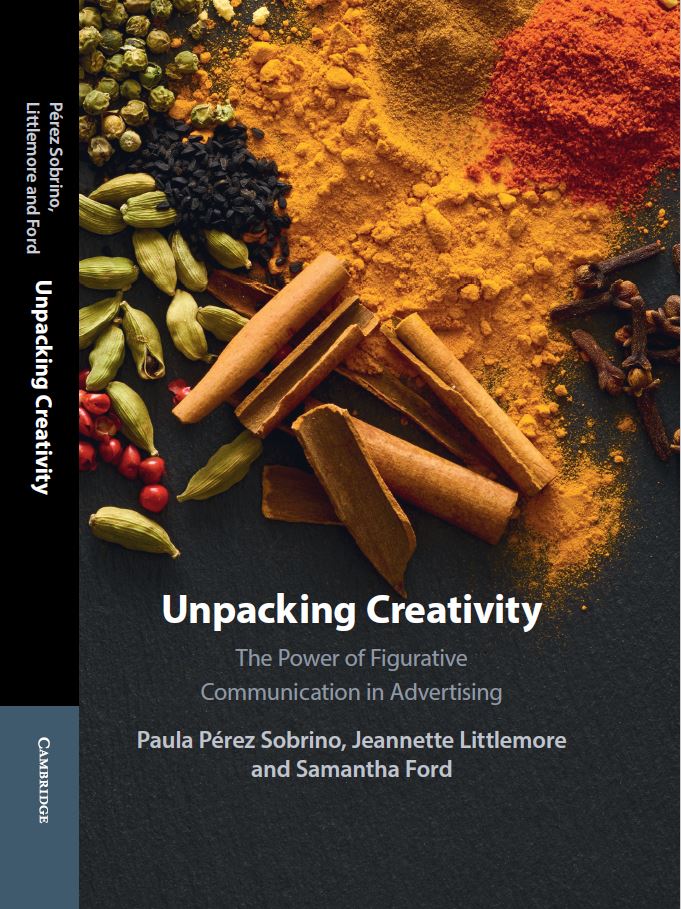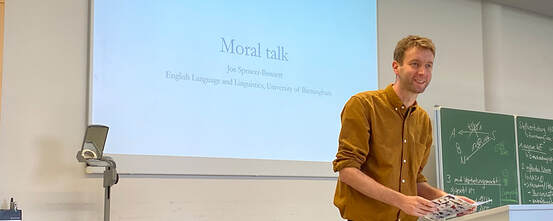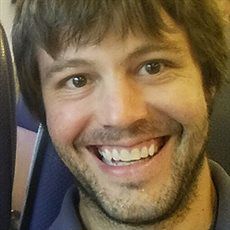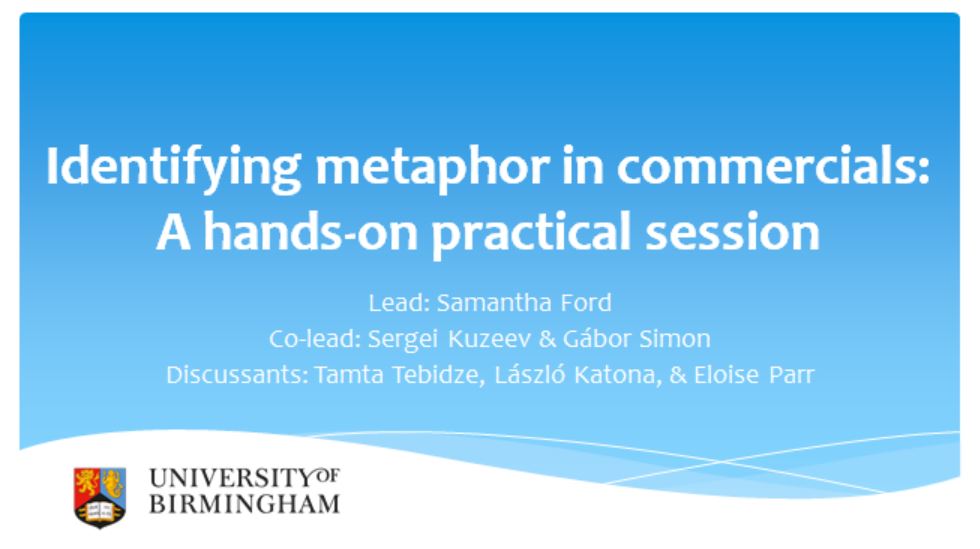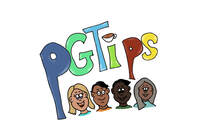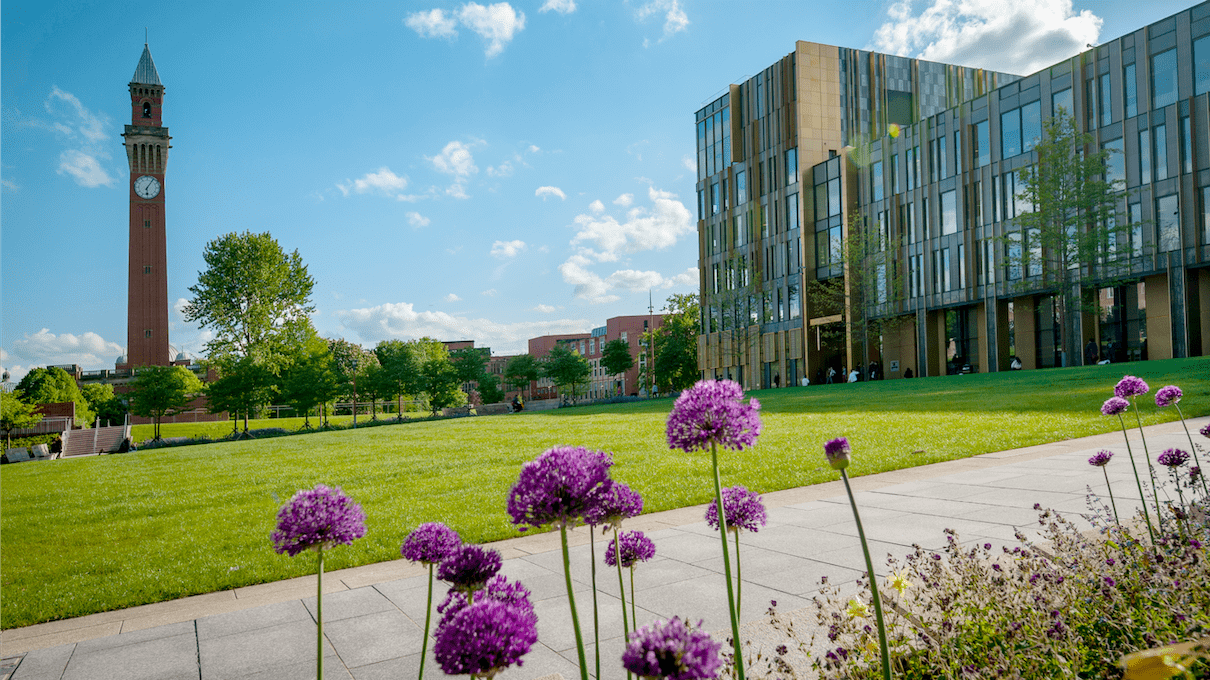|
Here's an article I wrote recently with Paula P Sobrino and Jeannette Littlemore on the power of negative advertising that subverts the typical use of figurative communication as positive persuasive devices. The article was published by Cambridge University Press.
0 Comments
So good to catch up with my PhD friends at the Midlands4Cities "What's Next?" #networking event today! Aside from the fact that the cookies were amazing......there were some really useful panels and advice about finishing your #PhD and what happens next:
Abstract:
This paper describes a study conducted in collaboration with a marketing agency and a nonprofit organization (NPO) providing regional sexual health services, which included advice on, and testing for, sexually transmitted infections (STIs). The study investigated the relative effectiveness of different formulations of double entendres on appeal, humor, the likelihood of social media engagement, and intention to seek more information about STIs. Advertisements containing double entendres were significantly more appealing and humorous if: (1) the grammatical formulation did not cue the intended meaning; (2) the double entendre involved a creative metaphorical expression; and (3) the double entendre referred to the middle part of the sexual scenario, referring to action rather than intent or result. Participants’ ratings varied very little according to their age, gender, and education. However, a qualitative investigation of the free-text responses revealed that there was some variation in the types of interpretations that were offered by participants depending on their age, gender, and education. The marketing agency incorporated our findings into their live campaign, which resulted in a notable increase in: (a) website traffic and social media engagement; (b) STI home-testing kits ordered; and (c) STI kits returned for testing, compared with previous campaigns. Citation: Ford, S., Littlemore, J., & Houghton, D. (2021). Got a Spark with Brook? Engaging consumers in a sexual health campaign through the use of creative (metaphorical) double entendres. Metaphor and Symbol. DOI: 10.1080/10926488.2021.1913740. Open access via: https://www.researchgate.net/publication/355046903_Got_a_Spark_with_Brook_Engaging_Consumers_in_a_Sexual_Health_Campaign_through_the_Use_of_Creative_Metaphorical_Double_Entendres Are you a PhD student/ECR doing language-based research on a topic which may be considered 'sensitive' or 'taboo'? We (Sarah Turner, Jeannette Littlemore, and Samantha Ford) would love to see you at our Midlands4Cities-funded Dialogue Day! Final couple of days to register. For more info: https://bit.ly/37LOt0x
If you've already signed up for this symposium, don't forget to choose which breakout rooms you want to go to speak to relevant funders and stakeholders about applying your research. Make sure to let us know! You can also send us a poster about your research for feedback. We look forward to seeing you on Friday! I am pleased to announce that from September 2021 I will be teaching the Theories of Language module for the English Language (BA) degree course at the the University of Birmingham, English Language and Linguistics department, with Dr Joe Spencer-Bennett.
Module description The aims of this module are to provide first year undergraduate students of English Language with (a) a sound basic knowledge and understanding of the major theories of language that have been developed within the discipline of linguistics from the beginning of the 20th century up to the present day, and (b) a sound basic awareness of the key figures associated with each of these theoretical traditions. The module begins with an overview of the basic concepts of structuralist linguistics as laid down by Saussure, before moving on to consider the generativist approach established by Chomsky. We then focus on the two main alternatives to (and critiques of) generative linguistics: functionalism, particularly in the British tradition established by Firth (e.g. Halliday, Sinclair, Hoey) and the usage- based theories associated with cognitive linguistics (e.g. Langacker, Fillmore, Lakoff, Tomasello). Throughout the module students will be encouraged to think critically about each theoretical tradition, and to consider which of the linguistic theories they are introduced to they find the most compelling and/or useful. Training For this role, I will be undergoing teacher training for the that covers the following topics: - Introduction to Teaching and Learning ITL001 - Laboratory-based small group teaching: more information and to book ILT002 - Small group teaching: more information and to book ILT003 - Introduction to Assessment and Feedback: more information and to book ILT004 - Supporting diversity: more information and to book ILT006 NEW BOOK OUT NOW! - Unpacking Creativity: The Power of Figurative Communication in Advertising2/9/2021
Book description Figurative communication (the use of metaphor, metonymy, hyperbole and irony) provides economy of expression, clarity, persuasiveness, politeness, evaluation, and communication of emotions. However, it also increases the potential for misunderstanding in situations when people lack shared background knowledge. This book combines theoretical frameworks with empirical studies that measure the effectiveness of different approaches to the use of figurative language in advertisements, to show how to maximise the benefits of creative metaphor and metonymy in global advertising. It highlights how subtle differences in colour, layout, and combinations of different kinds of figurative language affect the reception and appreciation of creative advertising, shedding new light on the nature of figurative communication itself. With a balance between theory, experiments and practical case studies, this book is accessible for academics in linguistics and communication studies, as well as advertising and marketing professionals. Students and researchers in communication, linguistics, and cognitive linguistics as well as advertising researchers and practitioners will find the book interesting and informative. Reviews "Two recent developments in figurative language research are interwoven brilliantly in Paula Perez-Sobrino, Jeannette Littlemore, and Samantha Ford's Unpacking Creativity: The Power of Figurative Communication in Advertising. These are multimodal figurativity, and figurativity as a powerful means of performing social work (i.e., influence, persuasion, attitude change, identification, etc.). Through a cornucopia of juicy examples, the authors expose the multiple forms of isolated and blended figures underlying creative advertising, and what all the figurativity accomplishes." - Professor Herbert L. Colston, Department of Linguistics, University of Alberta "This book provides an effective analysis of visual and language metaphors and their interaction, informed by astute application of cognitive science to a range of examples from advertising. Students and researchers in communication, linguistics, and cognitive linguistics as well as advertising researchers and practitioners will find the book interesting and informative. It is well-written and readable, and would be an excellent text for an advanced course in advertising, communication, or cognitive linguistics." - Professor L. David Ritchie - Department of Communication, Portland State University Dr Joe Spencer-Bennett, Head of Department, and Dr Marcus Perlman, Acting Director of Postgraduate Research, at the Department of English Language and Linguistics, University of Birmingham, gave testimonials about Samantha's activities and involvement in the postgraduate research community during the COVID-19 pandemic (2020/2021). They particularly commend Samantha's work in organising the department's postgraduate conference - BELP2021 (read more about it here). As Head of Department, I am extremely grateful to Samantha for her work as PhD student rep, and I know that other members of staff and students are too. "Samantha did a superb job as PhD student rep in English Language and Linguistics. She held this role during 2020 and 2021, the core of the Covid 19 pandemic. And, at a time when many of us were limiting our activities to the essentials, she invented new ways of doing pretty much everything that the role usually involves, and more; organising regular seminars, social events, and, with incredible success, a PhD conference. Samantha’s work over the year was really central to bringing our PhD students – from all over the world – together academically and socially, and I have no doubt that their work, and their experience of the year as a whole, benefitted from all that she did. As Head of Department, I am extremely grateful to Samantha, and I know that other members of staff and students are too." "As Lead for Postgraduate Studies in the Department of English Language and Linguistics at the University of Birmingham, it is my pleasure to write on behalf of Samantha Ford to express my gratitude for her role as PhD Student Rep during the 2020/21 school year and as the lead organizer of the Birmingham English Language Postgraduate Conference. Samantha has represented the English Language Postgraduate students throughout the brunt of the Covid Pandemic, which left most students stranded from their normal daily postgrad community and support system. Samantha was brilliant in moving the year’s schedule of activities online, running an online weekly postgraduate seminar series and other social events, and working tirelessly to forge academic and social community throughout the year. She led an outstanding online conference – the yearly BELP Conference which had to be canceled the previous year – bringing together PhD researchers from across the department, and indeed from across the world, to discuss their research and the challenges they faced doing research during the pandemic. The event was also attended by many undergraduate students and staff, and was a resounding success. I am extremely grateful that Samantha volunteered for these duties this year, and I am sure that other members of staff postgraduate students are too."
Exploring the use and evolution of figurative tropes in health and fitness brands’ advertising prior to and during the COVID-19 crisis The COVID-19 pandemic and national lockdowns have restricted people’s mobility and health, having serious and long-term implications for the £8 billion health and fitness industry. I report findings from multiple studies that investigate the use of figurative tropes, specifically metaphor and metonymy, in health and fitness brands’ advertising: in health and fitness smartphone app icons (2018), in respondents’ written reactions to exercise and lifestyle before (2019) and during and after the UK national lockdown (2020), and in a multimodal corpus analysis of health and fitness brands’ advertising from award-winning campaigns before and during the COVID-19 crisis (2020-2022).
In this talk, I track the use of figurative tropes in health and fitness advertising, exploring two research questions: 1. How do health and fitness brands use figurative tropes in their advertising? 2. Has the use of figurative tropes evolved during the COVID-19 crisis? The 2018 study analysed the figurative use of colour and shape 50 health and fitness smartphone app icons from the Google Play Store using an adapted protocol from Beasley and Danesi (2010). The 2019 and 2020 studies were conducted in collaboration with Big Cat Advertising Agency as market research to understand how people (N = 75, N = 68 respectively) perceived exercise and their lifestyle before, during, and after the first UK national lockdown, using AntConc (Anthony, 2019) and WMatrix (Rayson, 2009) software for keyword and semantic domain analysis. The 2021-2022 study (in preparation) examines the use of metaphor in health and fitness brands’ campaign videos that have been awarded a Grand Prix award at the Cannes Lions Festival of Creativity for their effectiveness, using a procedure adapted from FILMIP (Bort-Mir, 2019), C-MIPVA (Pan & Tay, 2020), and Bordwell et al.(2016). This study aims to establish how successful health and fitness brands use figurative tropes effectively, and to track how this usage may have evolved during the pandemic. Findings show that people have physical and emotional reactions to health and fitness brands, and highlight the increasing importance of mental as well as physical strength before and during the pandemic, utilising metaphors that are embodied and symbolic. The finding from the studies presented in this talk will inform approaches for health and fitness brands (including gym, clothing, supplement, tech, and training) to appeal to their ‘new normal’ audience through the effective use of figurative tropes, and to support the nation’s physical health and mental wellbeing during this time of crisis. References Anthony, L. (2019). AntConc (3.5.8) [Computer software]. Waseda University. https://www.laurenceanthony.net/software. Beasley, R., & Danesi, M. (2010). Persuasive signs: The semiotics of advertising (Vol. 4). Walter de Gruyter. Bordwell, D., Thompson, K., & Smith, J. (2016). Film art: An introduction (11th ed.). McGraw-Hill Education: New York, NY, USA. https://www.vlebooks.com/vleweb/Product/Index/1993344?page=0 Bort-Mir, L. (2019). Developing, applying, and testing FILMIP: The Filmic Metaphor Identification Procedure [Universitat Jaume I]. 10.13140/RG.2.2.18345.03688 Pan, M. X., & Tay, D. (2020). Identifying creative metaphor in video ads. In K. L. LIN, I. N. Mwinlaaru, & D. Tay (Eds.), Approaches to specialized genres: In memory of Stephen Evans (pp. 216–240). Routledge. Rayson, P. (2009). Wmatrix: A Web-Based Corpus Processing Environment. Computing Department, Lancaster University. DOI: 10.1.1.28.8248 Today I led a hands-on workshop on identifying metaphor in multimodal commercials using a presentation and breakout rooms at the Birmingham-Budapest Doctoral Seminar, 13.45-15.15 BST. The day was organised by Jeannette Littlemore and Rita Brdar-Szabó, and aimed to provide a forum for doctoral students studying at the universities of Birmingham and Budapest to share ideas and troubleshoot issues regarding methodology. The seminar hosted plenaries Dennis Tay and Asifa Majid, and many fascinating PhD talks. Thank you to everyone who came to my workshop at the Birmingham-Budapest Seminar! It was great to hear that delegates enjoyed analysing Evian water advertisements using FILMIP (the Filmic Metaphor Identification Procedure developed by Lorena Bort-Mir, 2019) and C-MIPVA (Creative Metaphor Identification Procedure in Video Ads developed by Pan & Tay, 2020). View the abstract for the workshop below:
At the beginning of the 2020 academic year, I volunteered to run PG Tips with Stephen Appleton. PG Tips is a postgraduate group for postgraduate researchers based in the Department of English Language and Linguistics at the University of Birmingham. It was tradition that PG Tips host the annual Birmingham English Language Postgraduate Conference. Due to the Coronavirus pandemic outbreak in the UK forcing us into lockdown in March 2020, the BELP Conference was unable to go ahead that year.
Since then, however, PG Tips has been continuing to run online via the conference platform Zoom, developing the postgraduate researcher community in the department, with students tuning in from different countries across the world. With the support of technology and experience of conferences shifting online, Stephen and I strongly believed in the benefit of running the BELP Conference in the year 2021. Moving from initial planning stages with Stephen, and with the help of many volunteers from the postgraduate community, we were able to launch the conference; to take place on Friday 23rd April 2021. It has been my great pleasure (and a lot of hard work!) to make BELP happen this year. I believe that community and collaboration is something integral not just to research but also to our human nature, which we need to facilitate and nurture at every opportunity. The conference welcomes postgraduate researchers and taught postgraduates to attend and present their work and engage in academic discussion. I am also delighted to invite and welcome distance-learning students and undergraduates to attend the conference. The conference has a diverse range of sessions, from plenary speaker Viola Wiegand talking about (corpus) linguistics and open research, to a round table panel discussion with Ashley Blake, Nouf Alharbi, and Bingjun Zhang talking about progressing with a PhD during COVID-19, to a variety of oral presentations and poster presentations from delegates. While I have led the organisation of the conference for 2021, I must acknowledge and give my sincere thanks and appreciation to volunteers from the postgraduate community in the department: Nouf Alharbi, Stephen Appleton, Ashley Blake, Sharon Glaas, Eloise Parr, Qiuyi Sun, Eleanor Vivian, Greg Woodin, Keith Wilson, and Bingjun Zhang; and Amélie Doche; and staff members: Joe Bennett, Marcus Perlman, and Viola Wiegand (BELP2021 plenary speaker). I hope all delegates of the conference enjoy the day and thank you all for your support of this event. |
Categories
All
Archives
October 2022
|
|||||||||||||||||
Photos from wuestenigel (CC BY 2.0), wuestenigel
